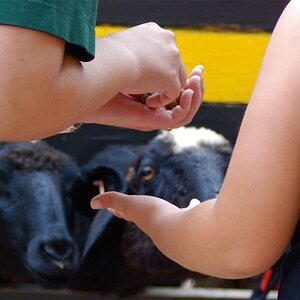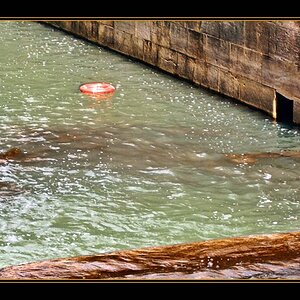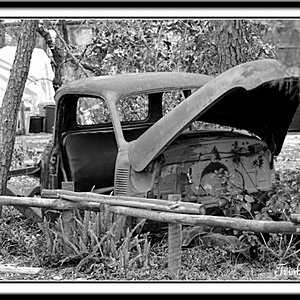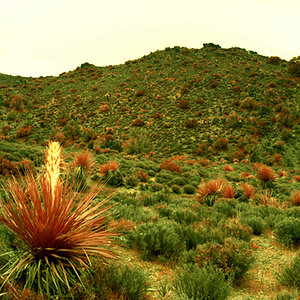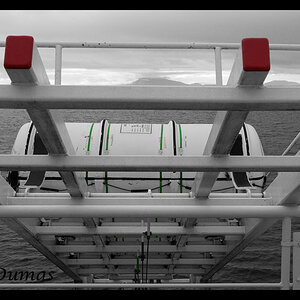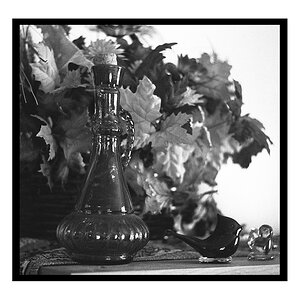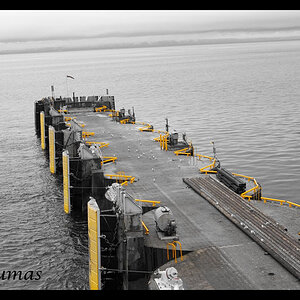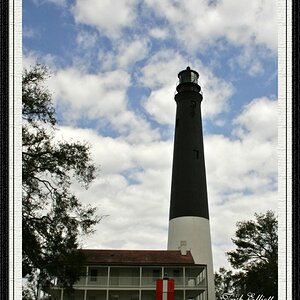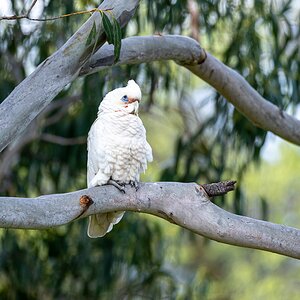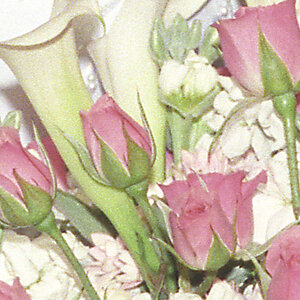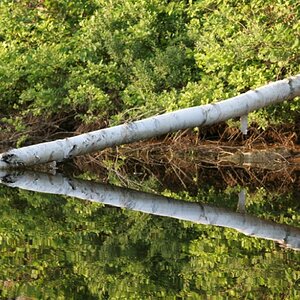NGH
No longer a newbie, moving up!
- Joined
- Sep 13, 2019
- Messages
- 199
- Reaction score
- 204
- Location
- California
- Website
- www.carrotroom.com
- Can others edit my Photos
- Photos NOT OK to edit
Not positive this is the right place for this, considered 'The Coffee House' but that seems a little too scary a place for a newbie like me.
I pondered this week while eating my turkey wrap about the most recent raft of camera phone technology. I was thinking about how real things have to be to be accepted. Obviously when you take a picture using these latest advances, the 'intelligence' in the device takes over and as well as maximizing the exposure settings to get the best results, it will also manipulate the data (according to themes or other settings) so that the resulting image is 'better'. Better perhaps than the original scene was perhaps? This has been a trend for a while and even my 5 year old camera has the ability, using two cameras to combine data from both to allow me to manipulate focus and DoF.
Does this matter? The device is only doing what it can to make the best picture, whether it is an 'accurate' representation of what was seen by the lens is secondary, right? As long as it makes a great picture. For most people this isn't about learning a skill it is just about capturing a scene to be able to share.
This is, in many ways, no different than 'proper' photographers manipulating the images in Lightroom or even a dark room - it is acceptable to make the most out of what was captured to create the best image. And (as long as you are honest about what you have done) it is also now acceptable to combine images so produce something removed from what was actually seen, taking the best elements from various shots.
There has been plenty of debate about whether this is still photography.
I was thinking about this and then took a slight tangent; surely the technology is available where the device knows where it is (via GPS) and when the shutter is pressed could skim all the similar images in the internet and on top of the data it just captured from the scene, use the skimmed data to further enhance the new image? This could (hypothetically) be done without infringing copyright just absorbing data from a multitude of variations to produce something new and unique - still acceptable? Surely it's not that different than what could be achieved in, for example, Photoshop?
Taking it a step further does such a device need to actually be in the place where the image is anyway? a user could just initiate a picture "make me an image of the Grand Canyon from the West on a spring morning" - device scrapes all the images it can find and through amalgamation and user preferences make a new and previously unseen image of the Grand Canyon.
With time and appropriate intelligence, both hypothetical ideas could work and produce amazing pictures - would they be acceptable as 'photographs' in mass population terms (excluding us purists)?
At what point does a line get drawn? ...If at all
I pondered this week while eating my turkey wrap about the most recent raft of camera phone technology. I was thinking about how real things have to be to be accepted. Obviously when you take a picture using these latest advances, the 'intelligence' in the device takes over and as well as maximizing the exposure settings to get the best results, it will also manipulate the data (according to themes or other settings) so that the resulting image is 'better'. Better perhaps than the original scene was perhaps? This has been a trend for a while and even my 5 year old camera has the ability, using two cameras to combine data from both to allow me to manipulate focus and DoF.
Does this matter? The device is only doing what it can to make the best picture, whether it is an 'accurate' representation of what was seen by the lens is secondary, right? As long as it makes a great picture. For most people this isn't about learning a skill it is just about capturing a scene to be able to share.
This is, in many ways, no different than 'proper' photographers manipulating the images in Lightroom or even a dark room - it is acceptable to make the most out of what was captured to create the best image. And (as long as you are honest about what you have done) it is also now acceptable to combine images so produce something removed from what was actually seen, taking the best elements from various shots.
There has been plenty of debate about whether this is still photography.
I was thinking about this and then took a slight tangent; surely the technology is available where the device knows where it is (via GPS) and when the shutter is pressed could skim all the similar images in the internet and on top of the data it just captured from the scene, use the skimmed data to further enhance the new image? This could (hypothetically) be done without infringing copyright just absorbing data from a multitude of variations to produce something new and unique - still acceptable? Surely it's not that different than what could be achieved in, for example, Photoshop?
Taking it a step further does such a device need to actually be in the place where the image is anyway? a user could just initiate a picture "make me an image of the Grand Canyon from the West on a spring morning" - device scrapes all the images it can find and through amalgamation and user preferences make a new and previously unseen image of the Grand Canyon.
With time and appropriate intelligence, both hypothetical ideas could work and produce amazing pictures - would they be acceptable as 'photographs' in mass population terms (excluding us purists)?
At what point does a line get drawn? ...If at all


